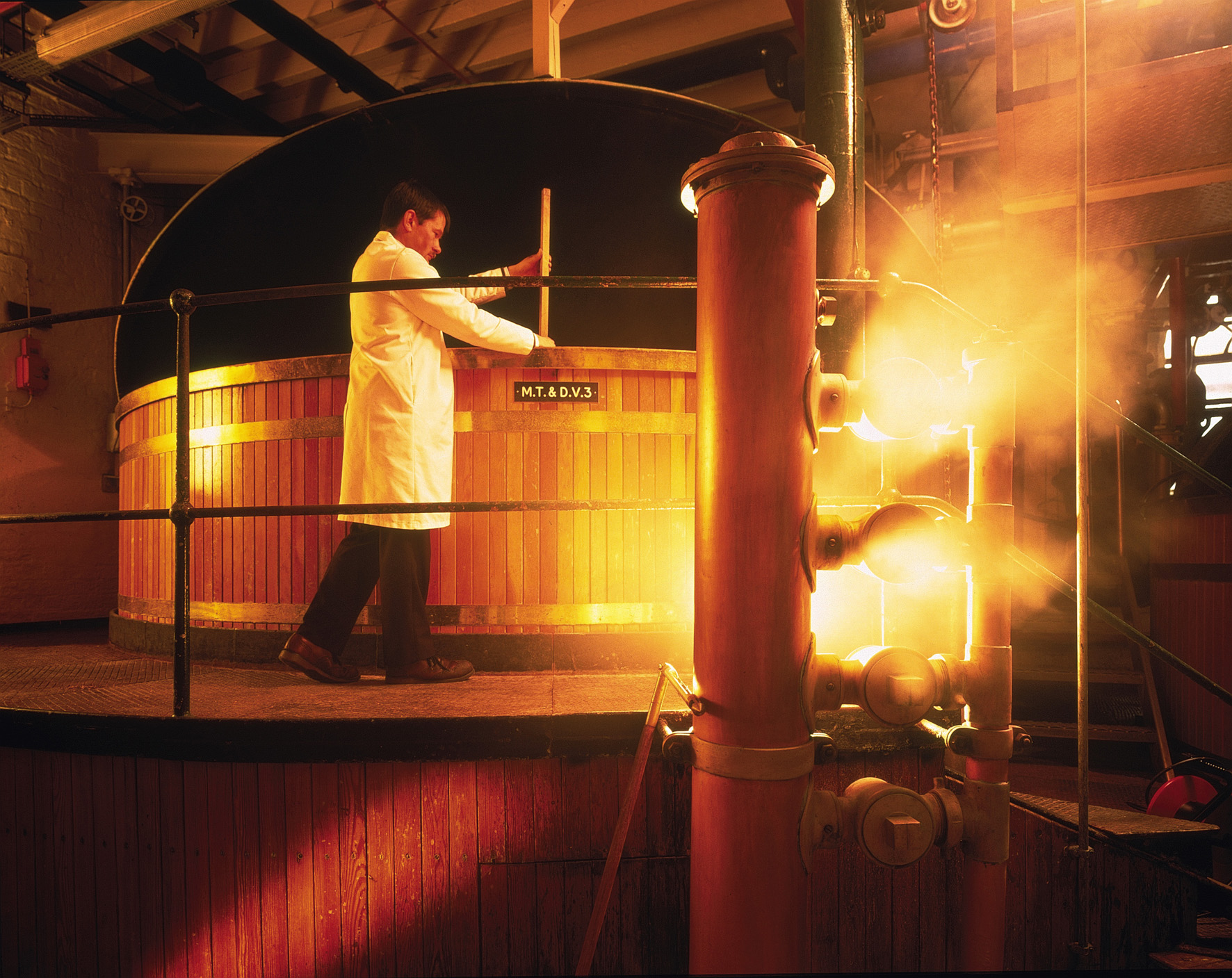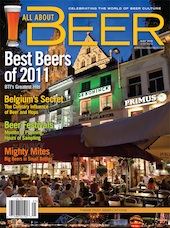Ask your typical British beer drinker what Burton-on-Trent is famous for, and you might not get the answer you were expecting. They’ll probably frown, think for a second, then say, “Oh yeah, the FA Cup upset last year!”
Just over a century ago, Burton was the undisputed brewing capital of the world. It was home to over thirty breweries, and the world's most famous beer brand.

The last time this small but world-renowned brewing town troubled the UK news headlines was early 2006, when Burton Albion, a lowly, non-league soccer club, held Manchester United to a draw in England’s most celebrated cup competition. Burton lost the replay but not their pride, and for a few weeks they were everyone’s second favorite team. Burton brewer Marston’s managed to sneak beer into the story by creating a commemorative ale dubbed Fergie’s Fury, after the Manchester manager. But few who enjoyed that beer would have had any inkling that it was merely an echo of arguably the world’s greatest ever brewing tradition.
When you visit a place whose name has passed into legend, you anticipate the feeling of walking on hallowed ground. The reality is seldom how you imagined. Twenty-first century Burton-on-Trent is an unassuming market town in the English Midlands, with the same chain names of high street shops and pubs as any other. In the main, the pubs and bars sell the same lagers as anywhere else. Of course, Burton’s biggest brewer is well-represented: you see Coors wherever you go.
Like many towns, Burton’s bookshops all have local history sections. A browse here might yield a book about local pubs, but there’s nothing dealing specifically with Burton’s heritage as one of a handful of towns that invented beer as we know it. Back in London, the British Library has a file copy of every book published in the UK. The catalogue search engine responds to words like “Burton,” “beer” and “history” with a page full of titles—the most recent of which was published in 1882.











